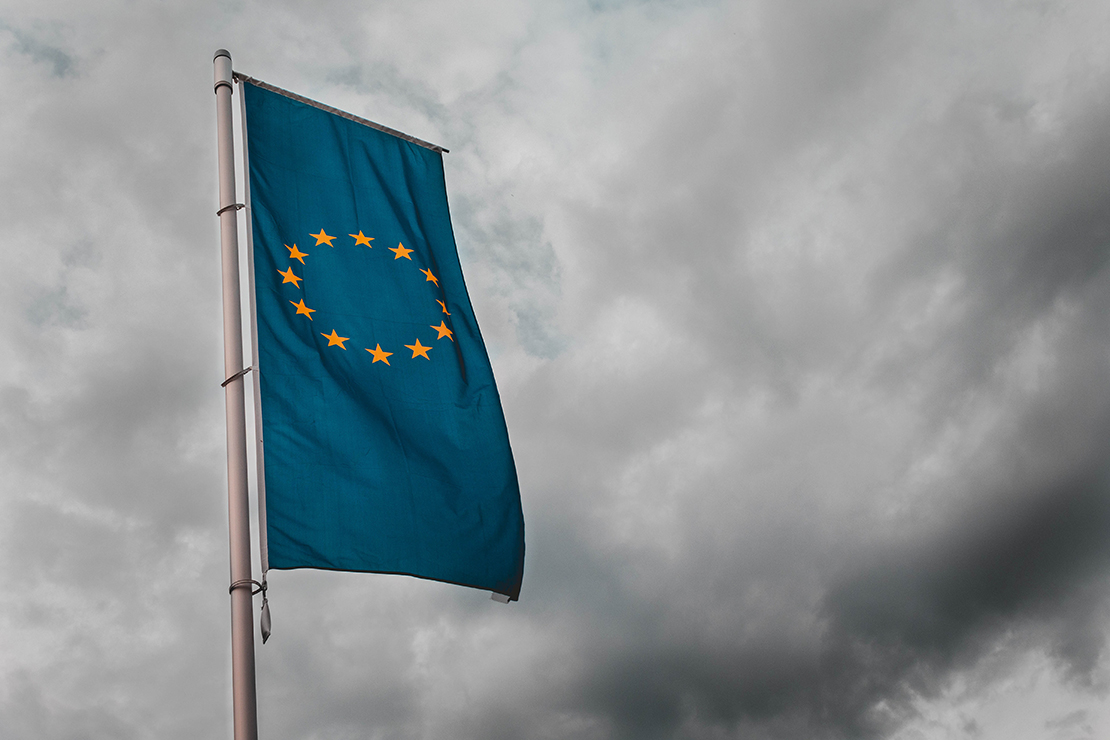Enhancing Kosovo’s European Integration Process: an institutional approach
January 12, 2021
Authors

Alejandro Esteso Perez
European integration and enlargement issues, political relations with EU Member StatesKosovo remains a potential candidate country for membership in the European Union (EU), being one of the last two countries in the Western Balkan region holding this status. Kosovo’s institutional basis towards EU integration has traditionally fallen within the Ministry of European Integration (MEI), which was established in 2010. However, persistent stagnation over the past few years, mostly appreciated through a perceived lack of tangible benefits for citizens, has put the MEI to the test. Upon the inauguration of Avdullah Hoti as prime minister in mid-2020, Kosovo has seen the withdrawal of the MEI from its ministerial structure and its replacement by an alternative institutional design. Now, the country lacks a ministerial framework upon which to build its current and future European integration strategies. What are the real implications of the removal of the MEI? And what are the prospects for success in the framework of the newly-established institutional arrangement? Drawing from a close examination of the defunct MEI, this Policy Analysis will delve into these matters and will provide a comprehensive account on the perks and weaknesses of Kosovo’s new European integration machinery.
Enhancing Kosovo’s European Integration Process: an institutional approach

 Download PDF
12/01/2021
Download PDF
12/01/2021Share article
Latest Publications
April 24, 2024
Policy Analysis
Tracking Kosovo's Commitment: Monitoring Adherence to the Venice Commission Rule of Law Checklist in ...
April 8, 2024
Policy Analysis
Reflecting on the Third Year of Kurti II: Setbacks and Achievements in Rule of Law, Public Administr ...
March 22, 2024
Policy Analysis
Lost, “in the Twilight Zone” Rebutting the Court’s Blunder
Related Espresso Insights
March 4, 2024
Espresso.Insights
Passport Hangover: What’s next after Spain’s Kosovo breakthrough?

January 16, 2023
Espresso.Insights
Recognized but not supported: Hungary's stance on Kosovo's EU bid




